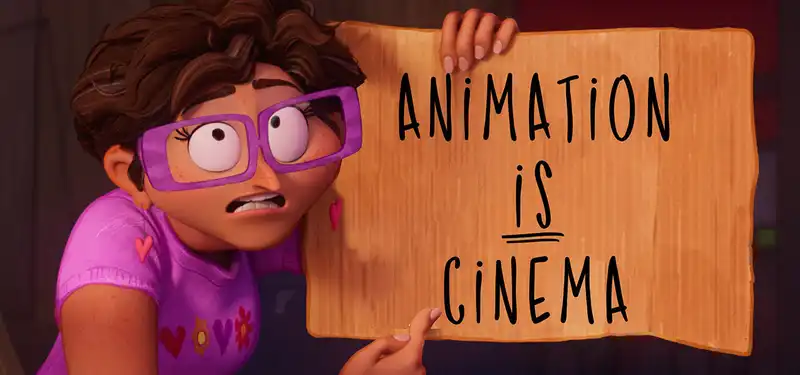Mar 10, 2023
Animation Producers Speak Out About Academy Awards Rudeness
Animation artists and filmmakers are rarely hesitant to speak their minds about the Academy Awards. Whether or not they will say so publicly, however, is another matter.
This week, Vulture published a fascinating and well-researched feature in which writer Eric Vilas-Boas spoke off the record with several key figures in the animation industry about how they think the Academy is undermining the art of animation. Importantly, Vilas-Boas also spoke with filmmakers in Hollywood and abroad.
The full article (for which there may be a fee) is a must-read for anyone interested in this topic. But if you only have a minute now, here are some highlights.
Several people Villas-Boas spoke with felt that their work was considered inferior to what was being done in live action. Sergio Pavlos, who developed the idea for the Despicable Me franchise and founded Kraus' production company, SPA Studios, explained:
I feel that everyone involved in filmmaking is my peer. We work just as hard at making our films as live-action filmmakers, but unfortunately, that's not how we see it. As long as people think of animation as something far removed from filmmaking, whatever system we put in place will never be fair.
Kirk Wise, director of “Beauty and the Beast,” felt the same way when his film was nominated for the historic Best Picture award in 1992:
[T]he awards broadcast had to thumb its nose at the notion that “cartoons” were part of “real movies” and poke fun There were those who had to.
Many people involved in animation feel that being nominated for an animated feature is the best they can hope to achieve.
Craig Staggs, co-founder of Minnow Mountain, which produced Richard Linklater's Apollo 10 1/2: Children of the Space Age, says:
The only question is, 'Will Disney beat us this year? More people who have worked for Disney vote for these films through the Academy than any other company. And I think the second is DreamWorks. So this is a direct result of representation. It is against the spirit of this award.
Tom Moore, co-founder of Cartoon Saloon, agrees:
We felt that “Wolfwalkers” was in the running for the award, and that is true.
The response to last year's disastrous animated feature presentation was immediate and overwhelming when the animated film was described as a children's film that forced parents to endure, even eliciting a sharp response from directors Chris Miller and Phil Lord.
In retrospect, Jorge Gutierrez, creator of “Book of Life” and “Maya and the Three,” recalled:
“It was a shot across the bow for the entire animation community. You guys are making movies for kids: thank you for making babysitting movies.”
Becoming a voting member of the Academy is a career highlight for many filmmakers, but according to Gutierrez, many talented artists are denied due to the strict barriers to entry. According to him,
you have to direct a theatrical film twice. For women and minorities, that has historically been almost impossible. They say, “Hey guys, can't we invite more women and minorities into the group ...... “ and they keep saying that. No one has met that requirement.
Nancy Byman, a veteran animator who has worked on many of Disney's biggest films, including “The Goofy Movie,” “Hercules,” and “Fantasia 2000,” is the rare person who disputes the notion that the Academy's voting pool is too homogenized:
You are talking to an older animator, but I love independent and foreign films. I prefer them to major studio productions. I think all the older governors are no longer on the board. Not sure what people think about that.
There are many other great quotes and insights in the Vulture article, and I can only hope that there will be more public discussion about how animation is being treated by the Academy and Hollywood in general.
.



Post your comment